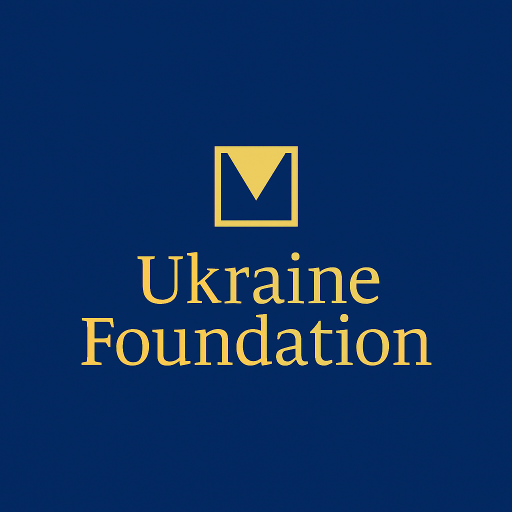Ukraine Foundation
Inspiring Change, Driving Impact
Building Bridges Through Collaboration and Dialogue
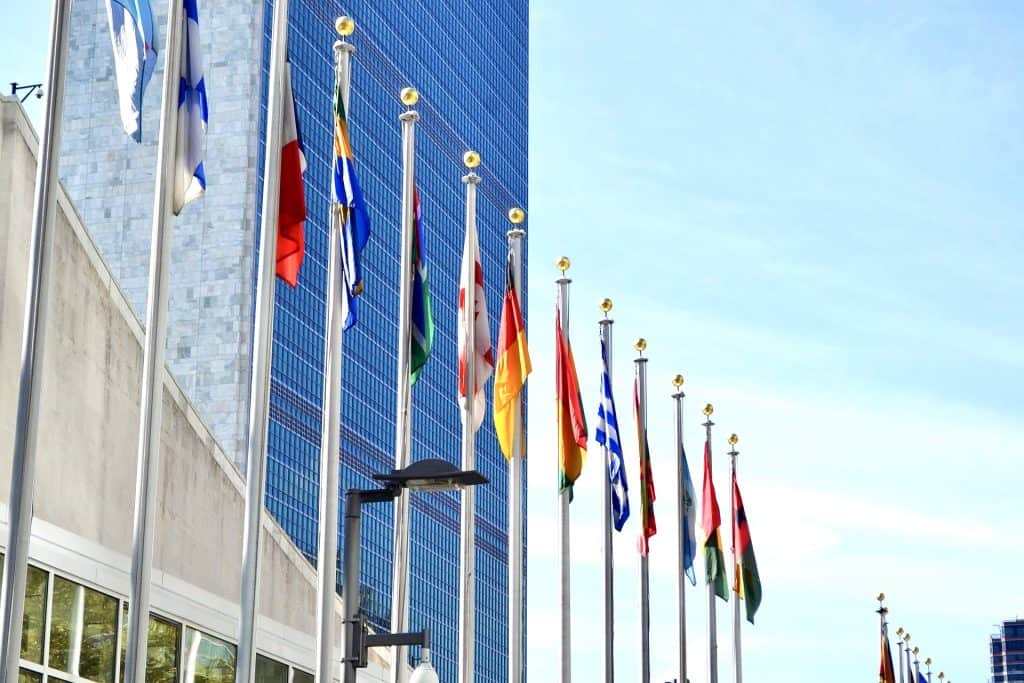
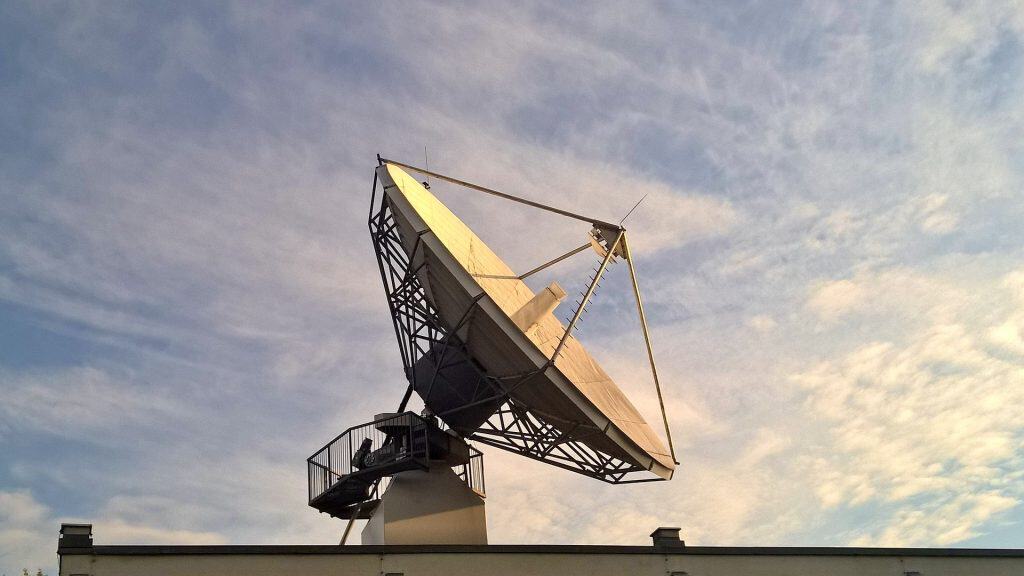
Global challenges require global solutions, and cooperation is the key to creating meaningful impact. At the Ukraine Foundation, we promote partnerships and collaboration across borders by advancing opportunities in trade, investment, policy, and public affairs.
Through our work, we facilitate platforms for dialogue between governments, businesses, and civil society.
By hosting conferences, roundtables, and networking events, we enable stakeholders to share ideas, develop solutions, and build partnerships that drive progress.
In the fields of trade and investment, our initiatives aim
at fostering economic growth and creating sustainable
business relationships.

The Ukraine Foundation recognizes that collaboration is essential for sustainable progress. By fostering international connections, the foundation plays a vital role in enhancing cooperation:
> We create and advance trade and investment opportunities, linking businesses, investors, and policymakers to stimulate economic growth.
> We promote cross-border dialogue in policy and public affairs to encourage knowledge sharing and cooperation between nations, organizations, and industries.
> We support diplomatic, economic, and cultural exchanges to build bridges between Ukraine and the global community.
> We facilitate public-private partnerships that leverage expertise from multiple sectors to drive systemic change and create long-term impact.
In the fields of public policy and public affairs, we work
to enrich dialogue and promote mutual understanding.
Whether it’s advocating for effective governance, supporting research-driven solutions, or encouraging open communication, our efforts are geared toward creating a collaborative environment where progress is possible.

Discover how our approach to enhancing cooperation builds bridges between communities, nations, and industries.
We Are Team UA: Voices of Impact
Our Policy and Research Fellowship Team brings together 24 outstanding individuals: 4 Distinguished Senior Fellows, 7 Senior Fellows, 2 Special Fellows, 5 Fellows, 4 Associate Fellows, and 2 Associate Fellows. This powerhouse of expertise is building one of the most dynamic and impactful policy research communities focused on Ukraine today. To learn more about each of them, click on his or her image.

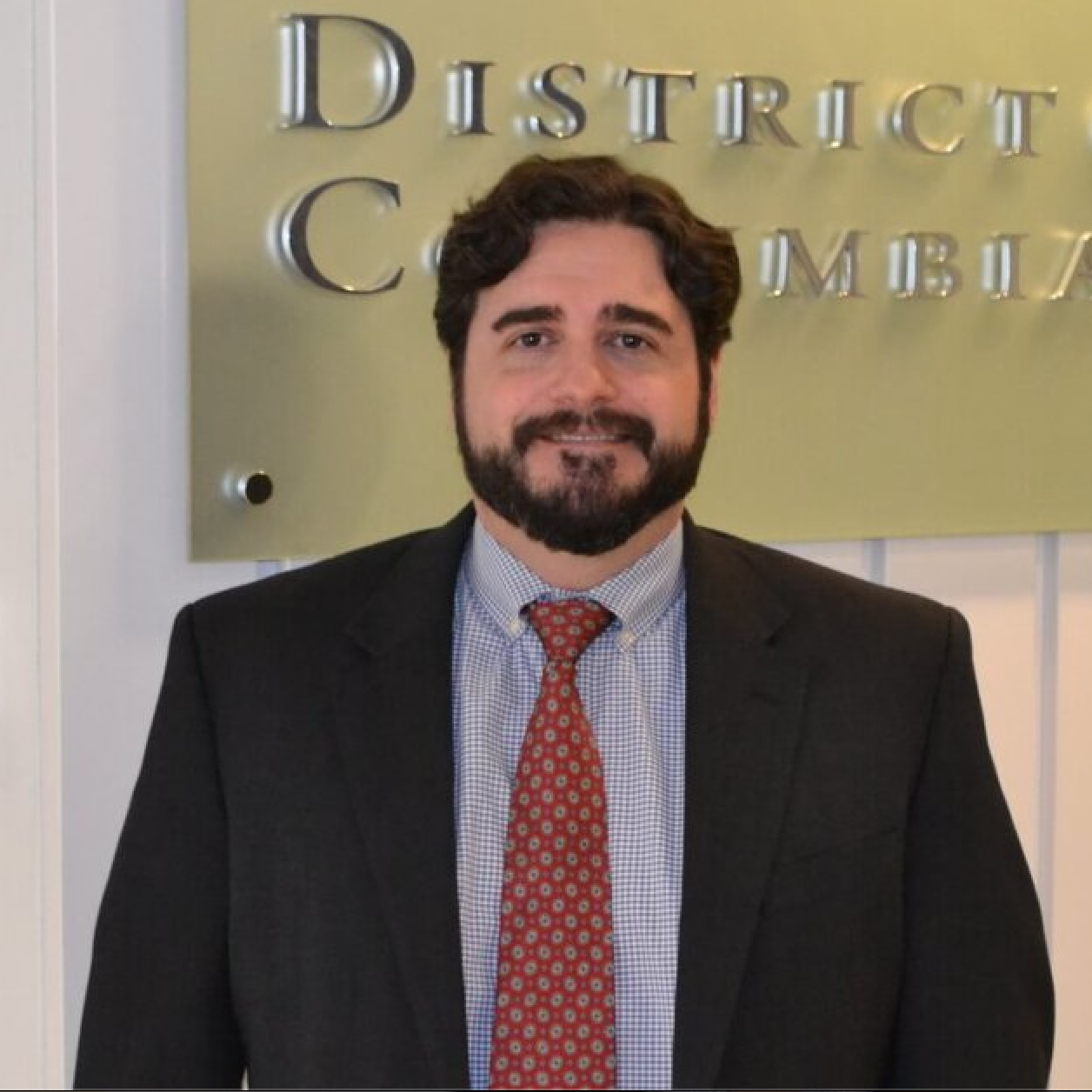

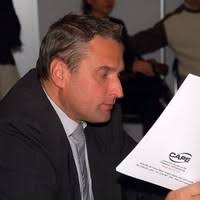
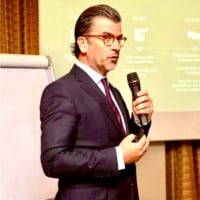



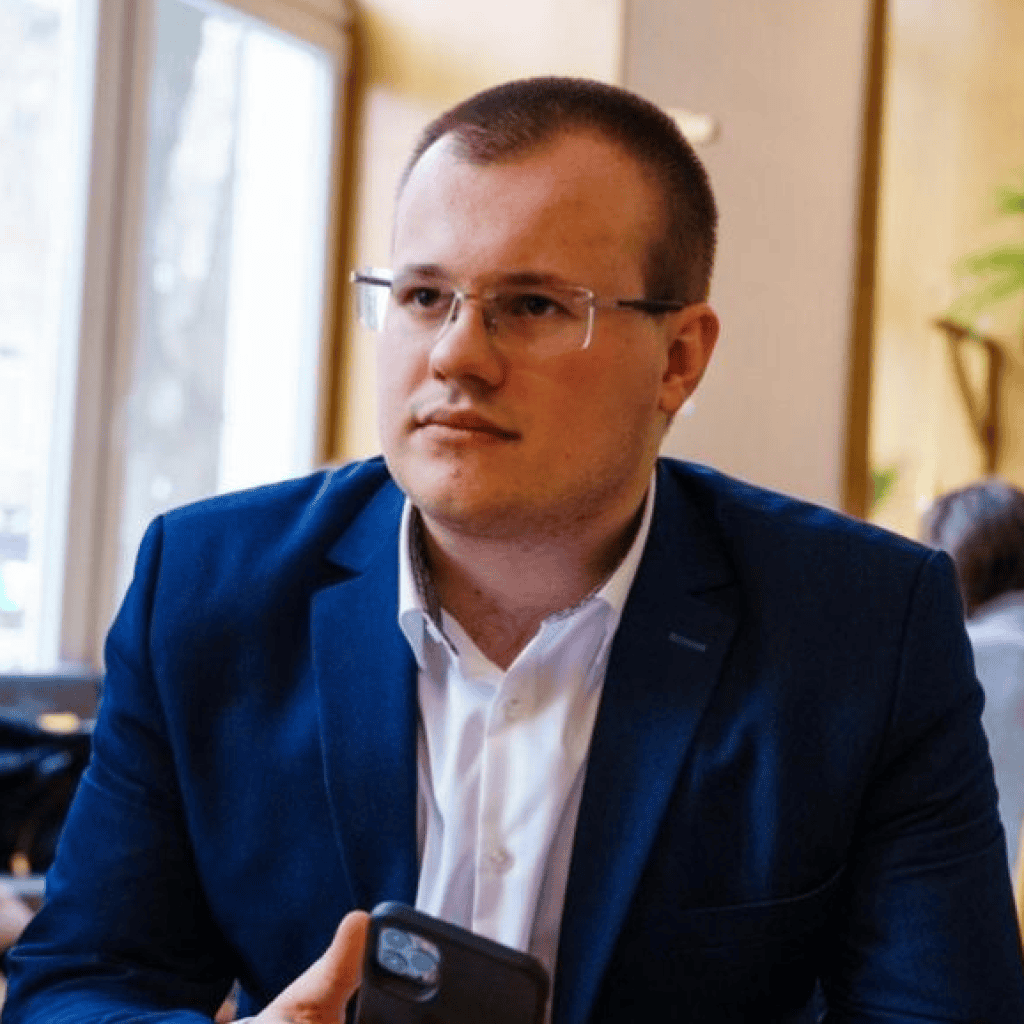
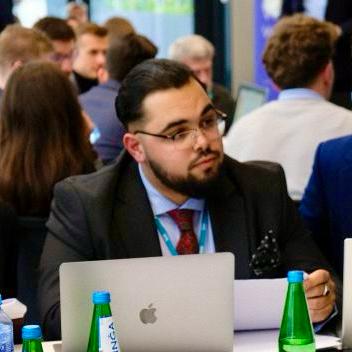
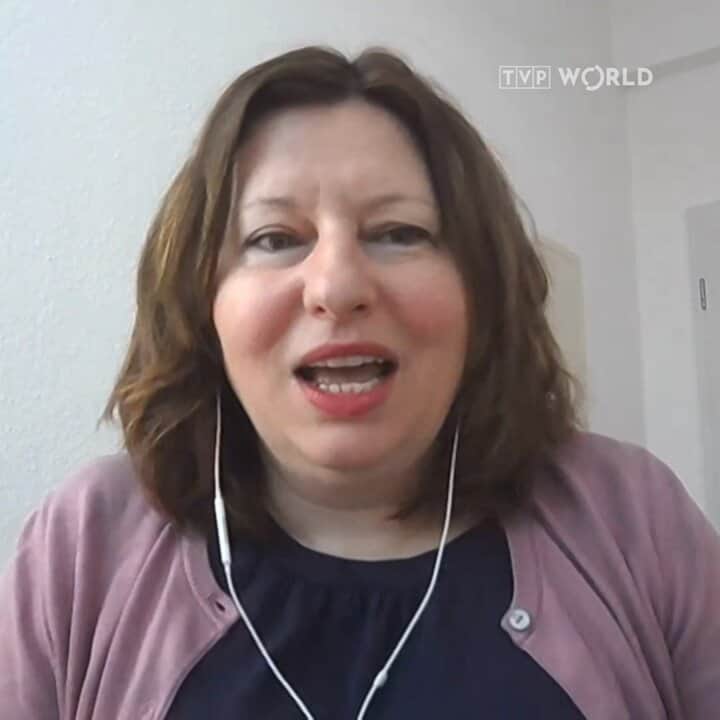
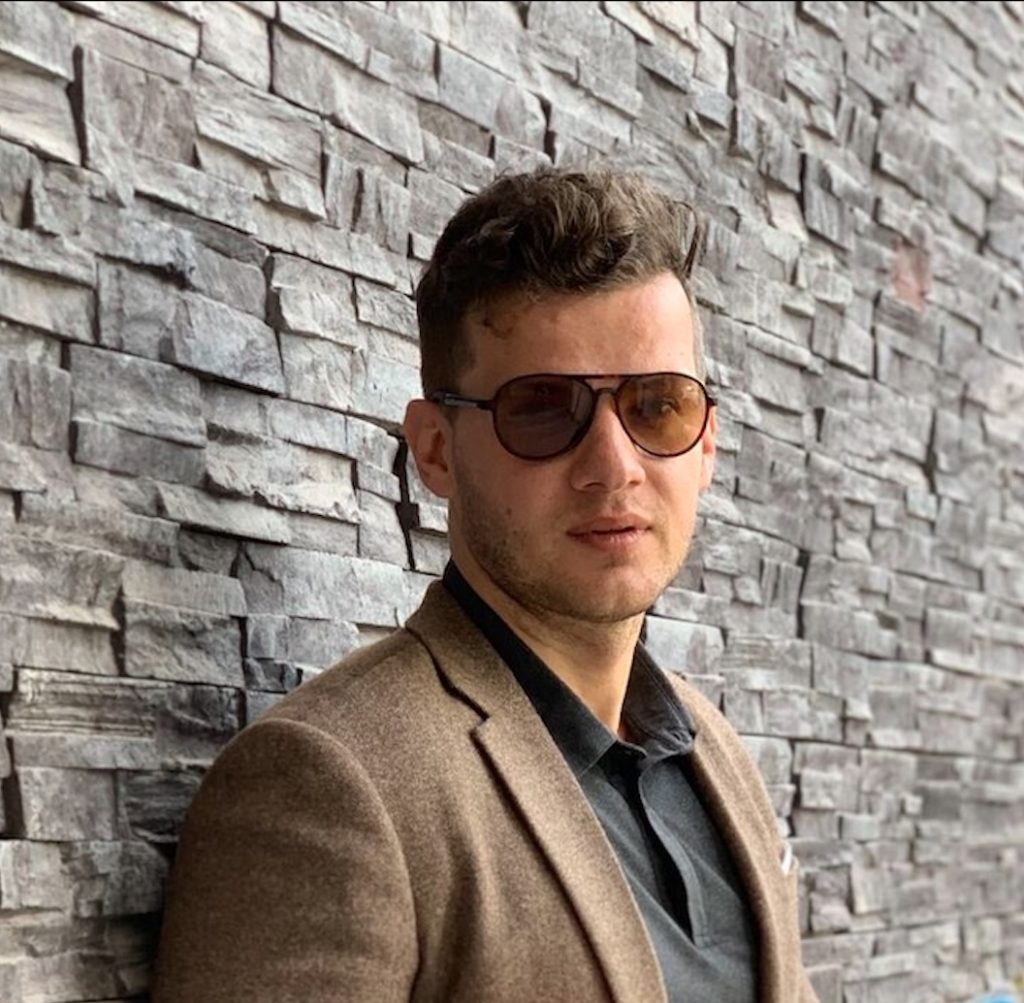


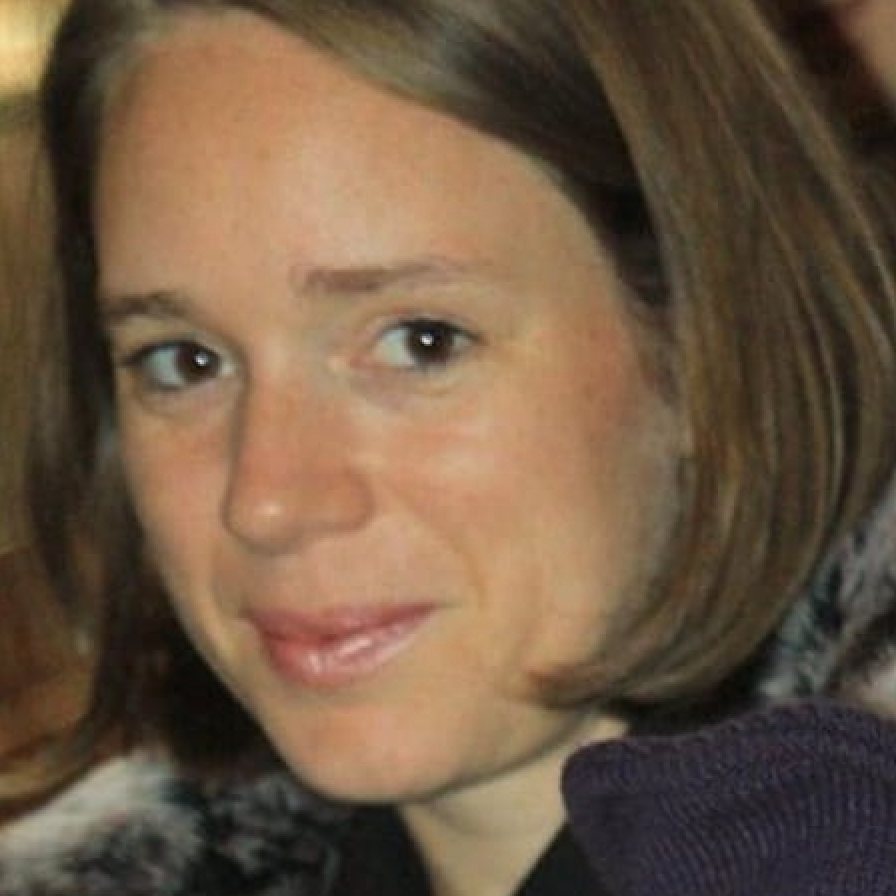
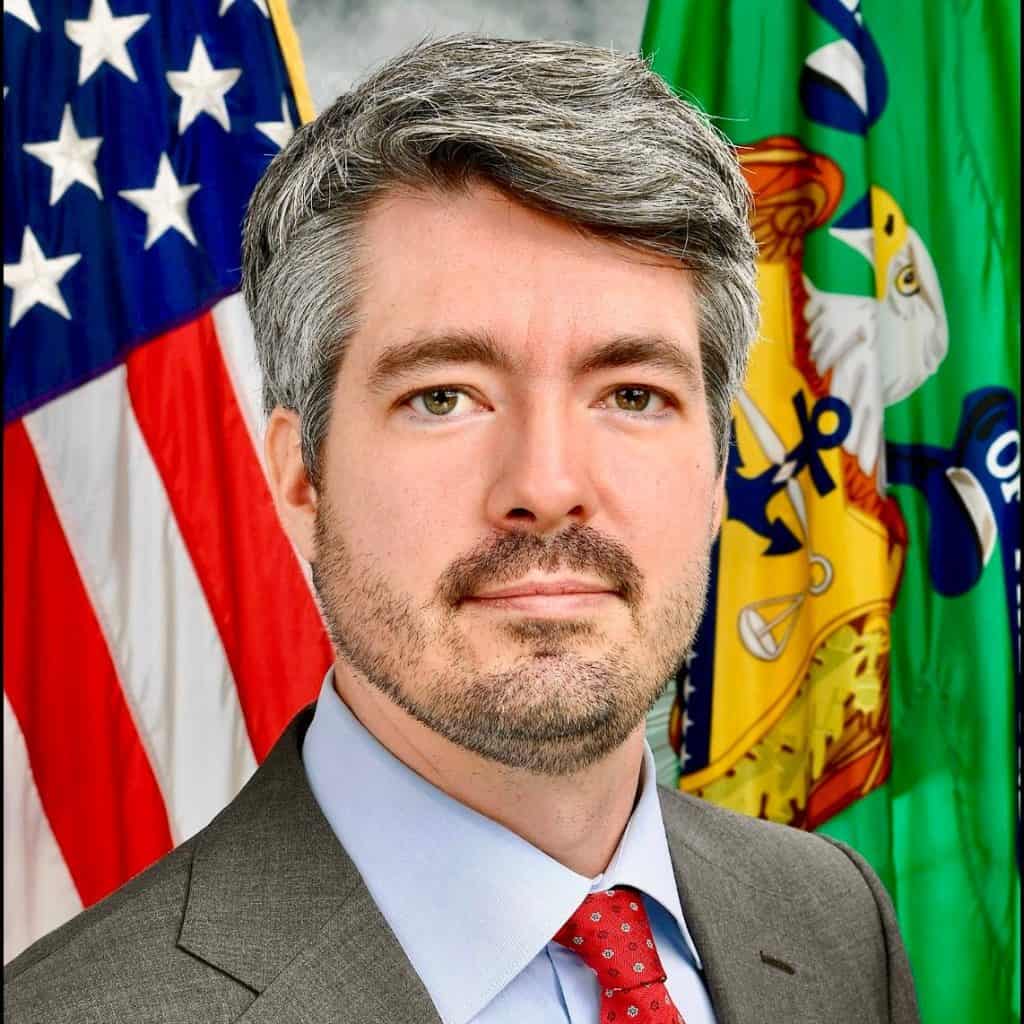

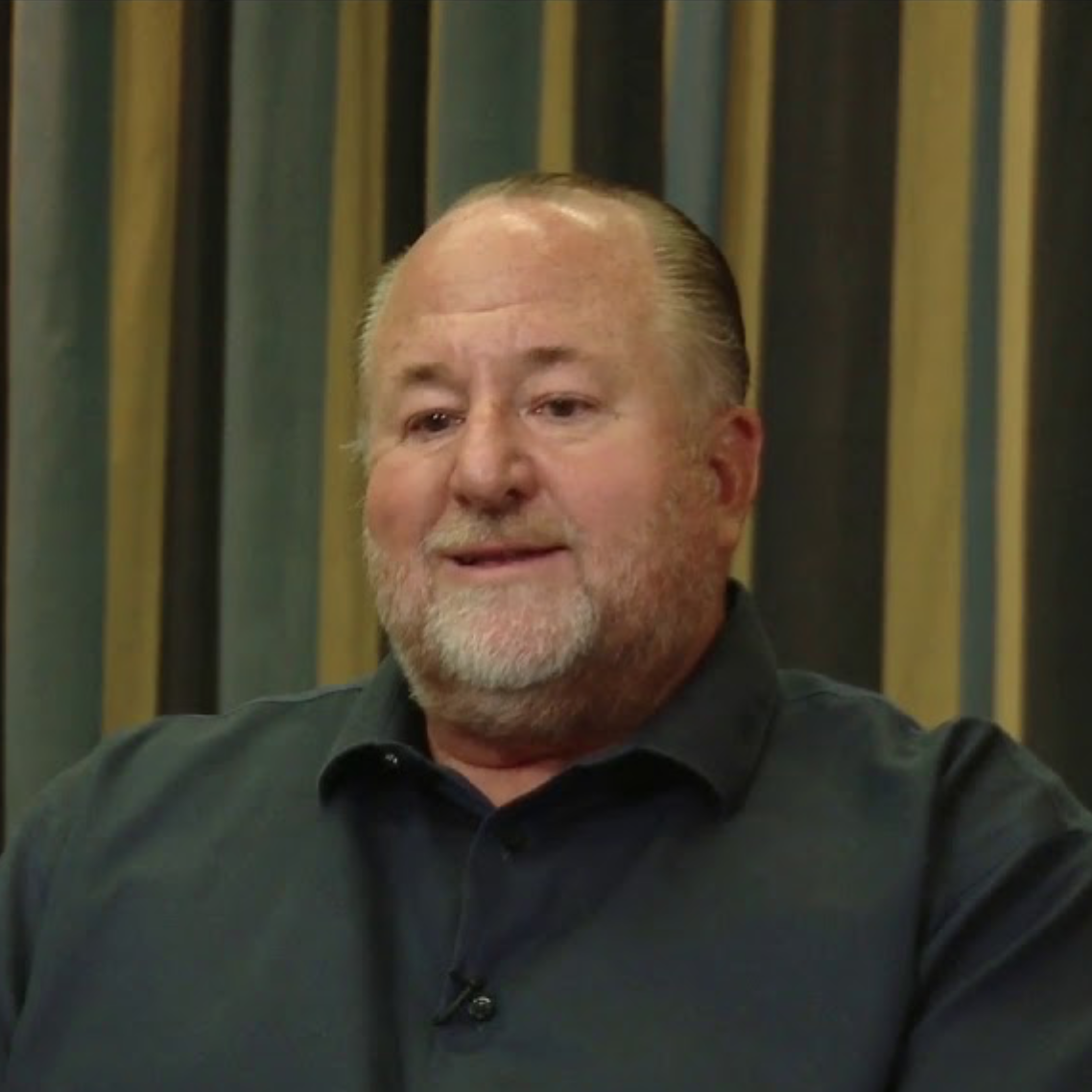
Our Fellows and our alumni hail from the world’s most prestigious universities — Oxford, Cambridge, Harvard, Yale, Stanford, Princeton, Berkeley, LSE, UCL and King’s College — and bring a wealth of experience from the front lines of government, international financial institutions, diplomacy, defence, intelligence, think tanks, and academia.
Their analysis and commentaries have been featured on CNN, BBC, Al Jazeera, Fox News, Bloomberg, Reuters, Financial Times, The New York Times, The Washington Post, The Guardian, Politico, the Kyiv Post, Ukrainska Pravda, and on all major Ukrainian television channels.
Their research have been published in peer-reviewed publications including Foreign Affairs, Foreign Policy, Harvard International Review, The National Interest, European Economic Review, Bulletin of the Atomic Scientists, Journal of Strategic Studies, International Institute for Strategic Studies’ Survival, Journal of Conflict Resolution, and World Politics Review.
Together, they form a brain trust capable of shaping the next generation of policy solutions.
Berlin: Ukraine Foundation Co-Organized Major Policy Conference in Berlin in Partnership with KIU / European University Viadrina, Freie Universität Berlin, and the Kyiv School of Economics
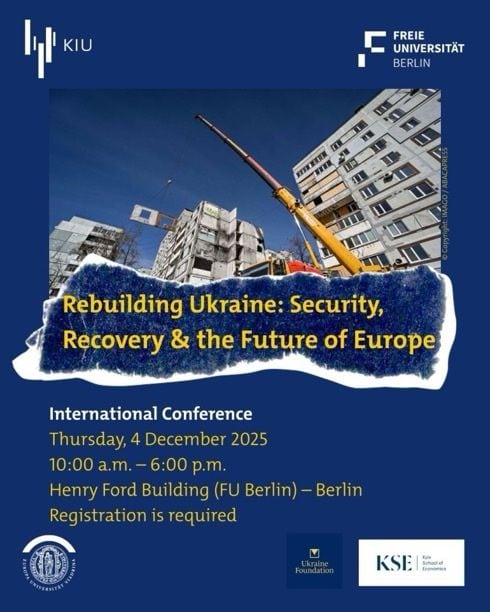
Ukraine Foundation will be leading the charge in a major policy event “Rebuilding Ukraine: Security, Recovery & the Future of Europe”, co-organized with KIU / European University Viadrina, Freie Universität Berlin, and the Kyiv School of Economics, with the support of the German Academic Exchange Service (DAAD) and funding from Germany’s Federal Foreign Office (AA).
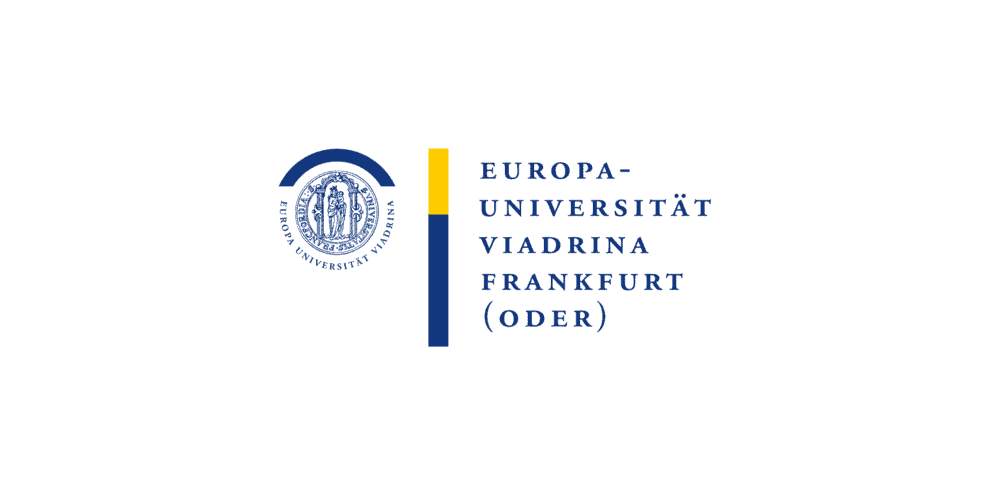
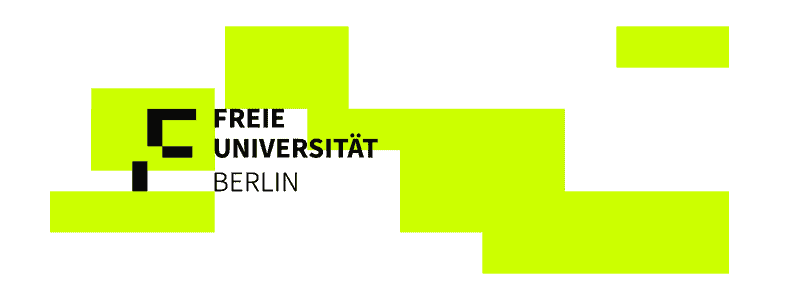

This international conference took place under the premises of the Free University Berlin, on 4 December 2025, from 10:00 a.m. through 6:00 p.m.
Ukraine Foundation sending to Berlin a total of 7 keynote speakers, panelists and roundtable participants drawn from our leadership, International Advisory Board and Fellowship group.
Rebuilding Ukraine: Security, Recovery & the Future of Europe brought together researchers, policymakers, and practitioners to reflect on post-war reconstruction, security challenges, governance, humanitarian recovery, and Ukraine’s role in the future of Europe.
Our European Advisory Board member Dr. Maryna Vorotnyuk opened the floor by y offering her sharp analysis of Black Sea security and Russian-Ukrainian relations, underscoring the centrality of maritime security, alliance cohesion, and deterrence for Ukraine’s resilience.
Lt Col. Dr. Iryna Andrukh, our International Advisory Board member, brought an operational lens to discussions on defense and national resilience. Her experience in evacuation missions, psychological operations, and building Ukraine’s first military mental-health department added vital real-world insight.
Her fellow board member Julie A. Rushin contributed expert commentary on governance and digital transformation. Drawing on decades of U.S. federal leadership, she highlighted how modernised institutions and technology are essential to ensuring accountability and investor confidence in Ukraine’s recovery.
Our Chairman Dr. John M. (Jack) Albertine delivered the keynote on “Business in Conflict & Post-Conflict,” emphasizing the role of private investment, regulatory stability, and coordinated international support in driving Ukraine’s economic revival.
As moderator and academic co-organizer, our Distinguished Senior Fellow Prof. Theocharis Grigoriadis helped shape the day’s interdisciplinary debate. He drew connections between reconstruction, regional political economy, and the long-term reforms needed to secure sustainable growth.
International Advisory Board member Ambassador Pierre Andrieu added a seasoned diplomatic perspective at the closing roundtable. His analysis of Russia’s posture, China–Russia dynamics, and the broader geopolitical environment illuminated the strategic context in which Ukraine’s reconstruction will unfold.
Finally, our Vice Chairman Louis L. Voiron outlined the strategic choices facing Ukraine and its partners as the war enters a decisive phase, linking the day’s discussions to long-term leadership and alliance resilience.
The conference also featured panel discussions and a roundtable with representatives from the German Federal Parliament, as well as international experts working on Ukraine, European security, and post-conflict transformation.
Ukraine Foundation extends its deepest gratitude to Germany’s Federal Foreign Office (AA) and to DAAD – the German Academic Exchange Service for their essential support in making this conference possible. Together we continue working toward a secure, resilient, and prosperous Ukraine.
Princeton University & Modern War Institute At West Point: Dr. Mariya Heletiy Publishes “The Balkans Model and Conditions for Peace in Ukraine” In the Irregular Warfare Initiative
We are proud to share the latest contribution from Dr. Mariya Heletyi, whose new article has been published by the Irregular Warfare Initiative, a joint project of Princeton University’s Empirical Studies of Conflict and the Modern War Institute at West Point.
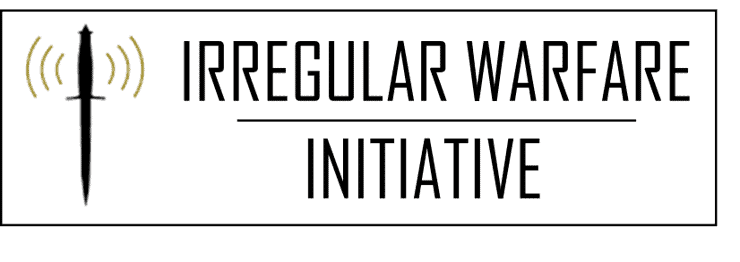
In “The Balkans Model and Conditions for Peace in Ukraine,” Dr. Heletiy draws on the experience of the Balkan conflicts to analyze the irregular warfare nature of Russia’s invasion of Ukraine—and what it means for peacebuilding. Her analysis offers a sobering but necessary perspective: that peace in Ukraine cannot be built on traditional negotiations alone.
Using the backdrop of Russia’s repeated violations of ceasefire agreements—most recently its broken “Easter truce”—Dr. Heletiy argues that today’s hybrid conflicts require more than diplomatic handshakes. The war in Ukraine spans far beyond the battlefield, touching diplomatic, informational, economic, humanitarian, and military fronts. As she points out, ceasefires in irregular conflicts often serve less as a path to peace and more as a pause for regrouping and rearming.
Drawing lessons from the Balkans, Dr. Heletiy proposes that irregular warfare tools—such as economic pressure, information campaigns, and unconventional tactics—must be part of any comprehensive strategy for sustainable peace. Her article warns against the false comfort of conventional approaches that do not account for the ideological drivers, asymmetries, and non-state actors that continue to shape today’s conflicts.
We encourage everyone interested in peace and security in Ukraine and beyond to read Dr. Heletiy’s full piece, which brings deep insight and strategic clarity to one of the most pressing issues of our time.
Geneva and Kyiv: On June 12, the Ukraine Foundation and the Professional Government Association of Ukraine successfully launched their joint Espresso Speaker Series with a presentation by William Dixon, who shared his latest research findings titled “Ukraine as the Cyber Spanish War.”
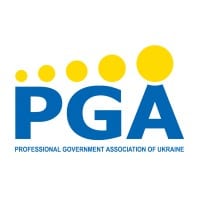
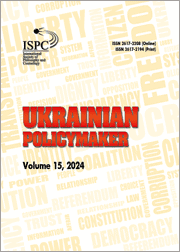
William Dixon serves as Ukraine Foundation’s Senior Fellow for Technology and Cybersecurity Affairs, and as a Senior Associate Fellow at the Royal United Services Institute (RUSI) -the world’s oldest defense and security think tank- where he specializes in cyber and international security issues.
He presented insights from his soon-to-be-published research in Ukrainian Policymaker, offering a compelling analysis of Ukraine’s role in the evolving global cyber landscape.
This was a timely conversation, as Ukraine’s advancements in cyber capabilities—including Unmanned Aerial Vehicles (UAV), Counter-Electronic Warfare (CEW), and Artificial Intelligence (AI)—coupled with strategic planning and strict operational security, have recently drawn the attention of global policymakers and defense strategists.
The discussion was moderated by Dr. Anna Mysyshyn, a global expert in AI ethics, cybersecurity, and digital governance, and founder of the Institute of Innovative Governance. Her thoughtful guidance sparked a lively exchange with our engaged audience.
About William Dixon
William Dixon began his career in the UK Intelligence Community, serving as an operational and strategic lead for various national security and cyber programs within Her Majesty’s Government Communications Headquarters (GCHQ). After leaving government service, he held the role of Head of Future Networks and Technology at the World Economic Forum. He also served as Global Head of Intelligence at Barclays. He is a published author and contributor to numerous publications and holds a Master’s degree in Intelligence and International Security from the War Studies Department at King’s College London.
About Dr. Anna Mysyshyn
Dr. Mysyshyn’s expertise has been sought by leading international institutions including the United Nations, UNDP, FCDO, U.S. Department of State, and the German Marshall Fund. She has played a pivotal role in shaping global regulatory frameworks and cybersecurity strategies. A recognized thought leader and policy advisor, Dr. Mysyshyn has lectured in over 20 countries. She holds a PhD in Law and three LL.M. degrees from prestigious Russell Group universities.
Looking Ahead
Our next Espresso Conversation will feature Dr. Mariya Heletiy, the Ukraine Foundation’s Non-Resident Senior Fellow for Peace Processes and Conflict Resolution, who will discuss: “Lessons Learned from the Balkans and Nagorno-Karabakh Conflicts for the Future of Ukraine.”
Brussels: Yevghen Shulga Addressed Atlas Network’s Europe Liberty Forum 2025
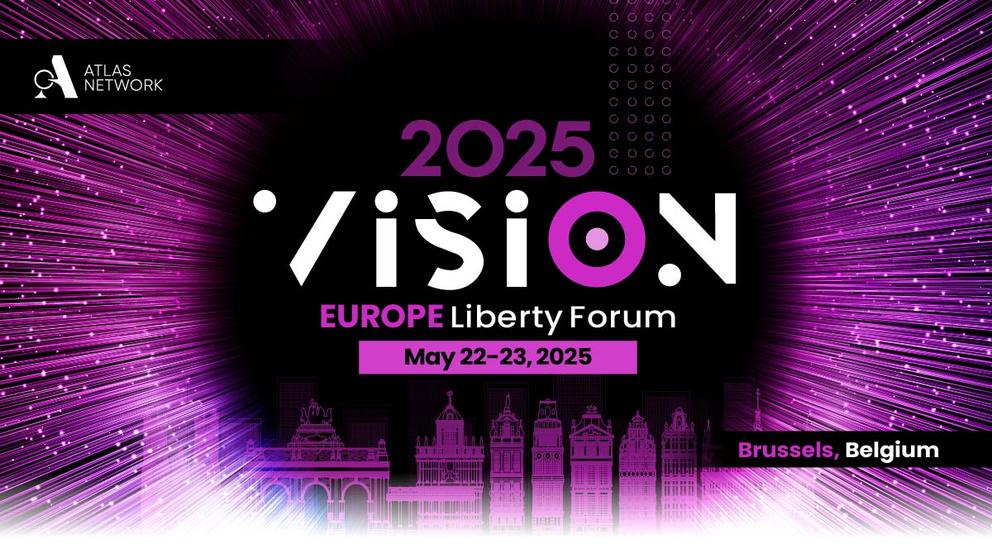
We were honored that our General Secretary, Yevghen Shulgha, was invited to address the 2025 Europe Liberty Forum, hosted by Atlas Network in Brussels on May 22-23.
Atlas Network, a nonpartisan, nonprofit foundation that supports the development and success of pro-freedom organizations throughout the world, connects with almost 500 think tanks in over 100 countries that drive change in ideas, culture, and policy; remove barriers to opportunities; and empower individuals to live a life of choice.
This major gathering brought together economists, policymakers, and leaders committed to advancing economic freedom, individual liberty, and open markets across Europe.
Yevghen Shulgha shared key insights from Ukraine’s Price of the State project, an initiative aimed at making economic policy accessible to everyday citizens. He emphasized the core challenge that even many policymakers struggle to understand basic economic concepts. His proposed rule was simple: always explain economics as if your audience were “a grandma from a village,” avoiding jargon, abstract statistics, and complex logic.
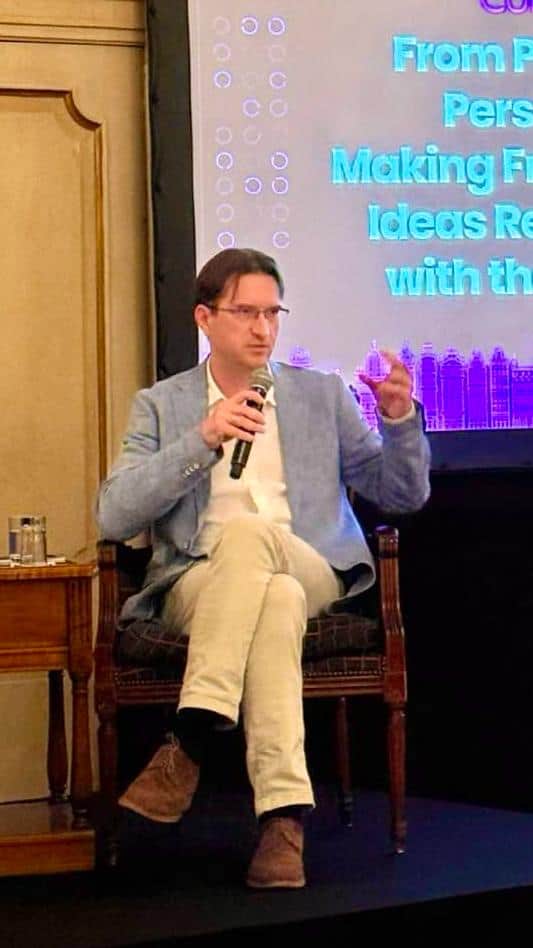
He presented several successful communication tools from the project: visual aids like the Price of the State Calculator and Sankey charts, relatable analogies such as the “$1,500 sandwich” to explain trade, and interactive tools like the Customs Meter Game. These approaches work because they simplify, visualize, and humanize abstract data—translating macroeconomic indicators into real-life impact, such as days of labor or years of development lost. By using surprise, humor, and intuitive comparisons, economic literacy can become not only achievable, but engaging for all.
At a time when Europe confronts new economic and geopolitical pressures, his perspective contribute vital ideas on how to foster growth, innovation and freedom in challenging environments in line with the 500+ member organizations’ commitment to build a freer and more prosperous future for all.
Geneva: Ukraine Foundation Hosted Yana Liubymova
On April 10th 2025, Ukraine Foundation hosted Yana Liubymova for a policy briefing and discussion on the challenges faced by internally displaced persons (IDPs) in Ukraine. Joining the broader Ukrainian delegation, our keynote speaker engaged in a Q&A session with the audience following her remarks.
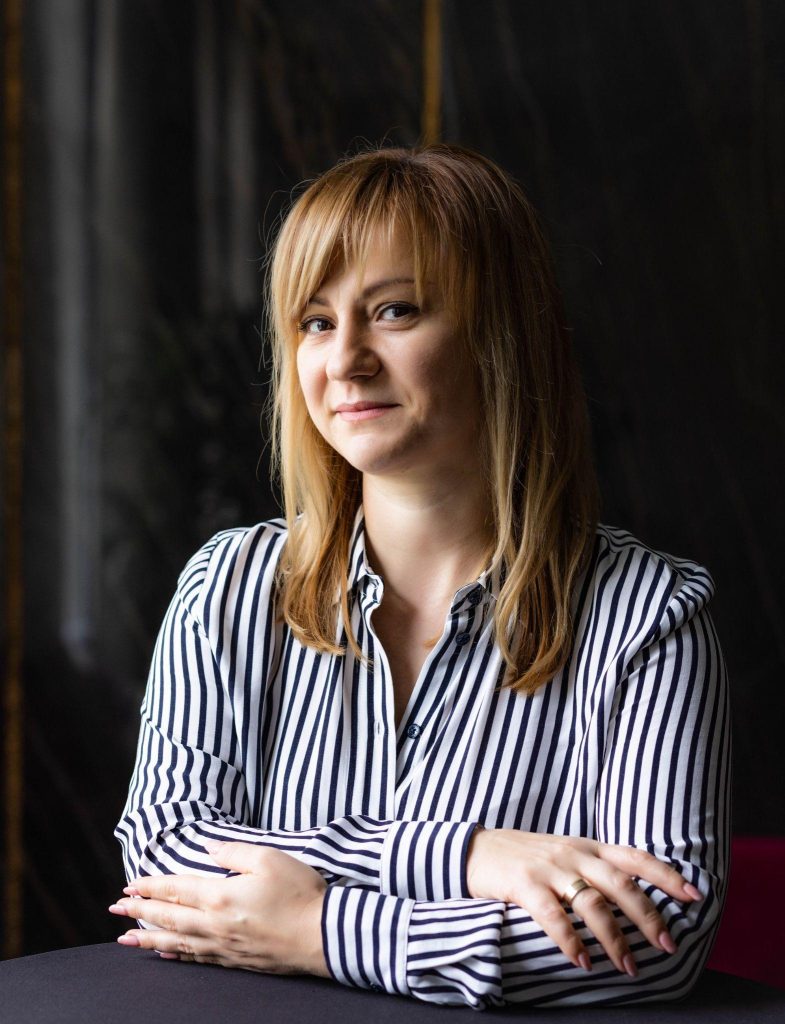
Yana Liubymova is a member of the international advisory group of the Office of the Special Adviser to the UN Secretary-General on Solutions to Internal Displacement. She is a member of the Board of Displaced International (DI) and an internally displaced leader in Ukraine. She is also a member of the Expert Council of the International Renaissance Foundation, a Resilience Consultant for UNICEF, and a member of the Association of Government Professionals. These major roles build on her extensive expertise and experience in social and humanitarian policy formulation and implementation gained through her work with both international organizations and Ukrainian government institutions.
She has served as the Deputy Head of the Secretariat of the Parliament Commissioner for Human Rights of Ukraine and as an Adviser to the Head of the Luhansk Regional Military Administration. Currently, she leads the Council on Internally Displaced Persons (IDPs) under the Luhansk Regional Civil-Military Administration. Despite having been displaced twice in Ukraine, Yana Liubymova has refused to leave her beautiful homeland, staying back to serve internally displaced communities.
She holds a Master of Law from the East Ukrainian National University and a Master of Engineering and Pedagogy from the Ukrainian Engineering and Pedagogical Academy. She speaks English, Russian, and Ukrainian.
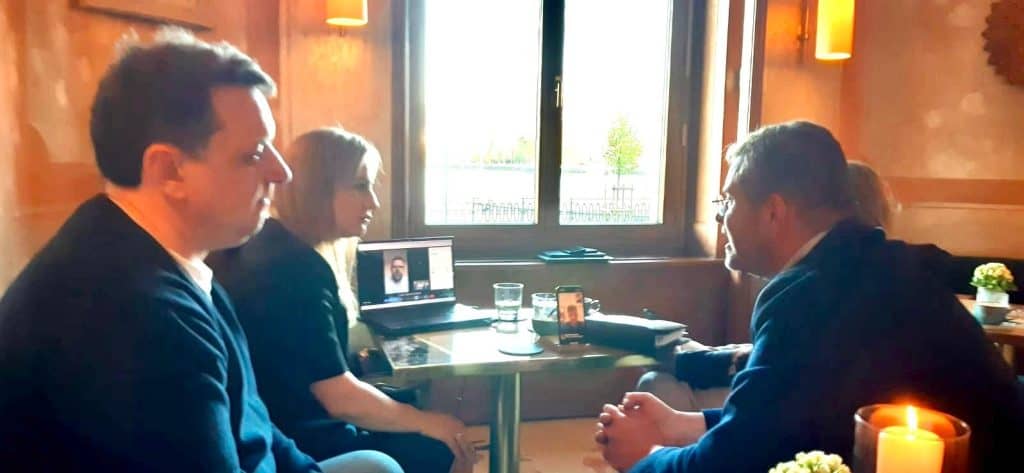
This event was organized in association with the Professional Government Association of Ukraine.
Our Fellows Supporting the Policy Program
Dr. Mariya Heletiy, Non-Resident Senior Fellow, Peace Processes and Conflict Resolution
Dr. Mariya Heletiy is a Ukrainian political scientist and international relations expert specializing in conflict resolution, democratic governance, and civil society development. With over 20 years of experience across academic, governmental, and nonprofit sectors, she has dedicated her career to promoting peace, strengthening democratic institutions, and supporting Ukraine’s post-conflict recovery and international integration. She currently resides in Berlin, Germany, where she continues her work in international diplomacy and policy advocacy.
Dr. Heletiy has served as the Deputy Chief of Party for the USAID Ukraine Civil Society Sectoral Support Activity, a five-year initiative led by a consortium of Ukrainian civil society organizations including Ednannia, CEDEM (Center for Democracy and Rule of Law), and UCIPR (Ukrainian Center for Independent Political Research). In this role, she focused on improving the legal framework, sustainability, and institutional resilience of Ukrainian CSOs during wartime and beyond.
Previously, she managed political process and elections programs for USAID Ukraine, contributing to transparent electoral reform and inclusive democratic participation. She also led security and policy projects at the Open Ukraine Foundation, promoting Euro-Atlantic cooperation and supporting regional leadership in foreign policy.
Earlier in her career, Dr. Heletiy founded and directed the European Information and Research Center of the Verkhovna Rada of Ukraine, now integrated into the Parliament’s Research Service. In that capacity, she played a key role in fostering EU-Ukraine legislative cooperation and policy research.
Dr. Heletiy holds a Ph.D. and Master’s degree in International Relations from academic institutions in Ukraine, with a doctoral focus on post-Yugoslav conflict resolution and peace-building. She also completed research fellowships at the Maxwell School of Citizenship and Public Affairs at Syracuse University and the University of California, Berkeley, where she expanded her expertise in international conflict analysis and comparative peace processes.
Dr. Heletiy is an active contributor to policy and academic discourse on peace and conflict. Her recent publications include “Peace Formula and Lessons Learned from the Balkans and Nagorno-Karabakh” in Ukraine Analytica, and an op-ed in St. Antony’s International Review, where she explores historical lessons applicable to Ukraine’s current war and peace efforts.
She serves on the advisory board of the International Diplomacy Initiative and collaborates with networks that support democratic resilience, civil society empowerment, and post-war reconstruction in Ukraine and Eastern Europe.
Dr. Heletiy is fluent in Ukrainian, English, and Serbian.

